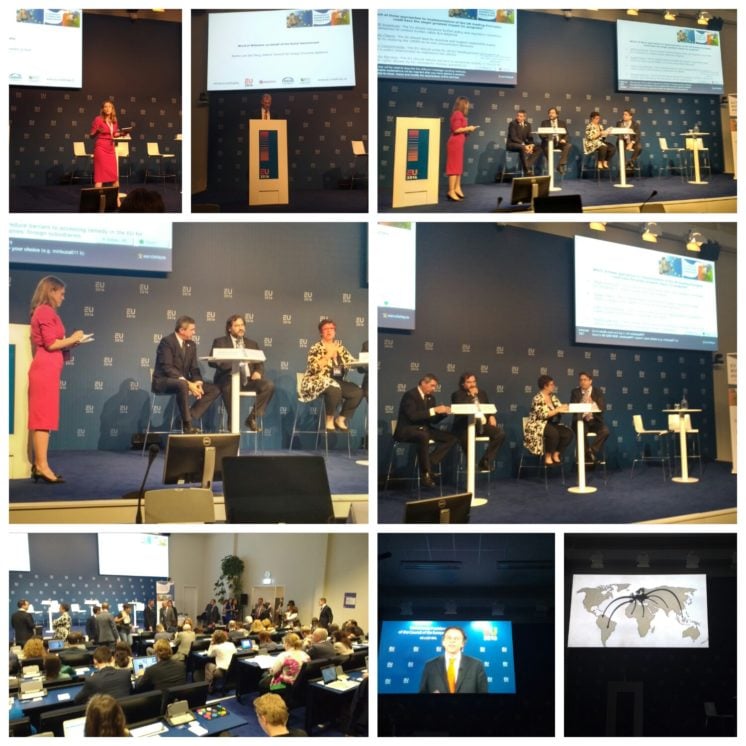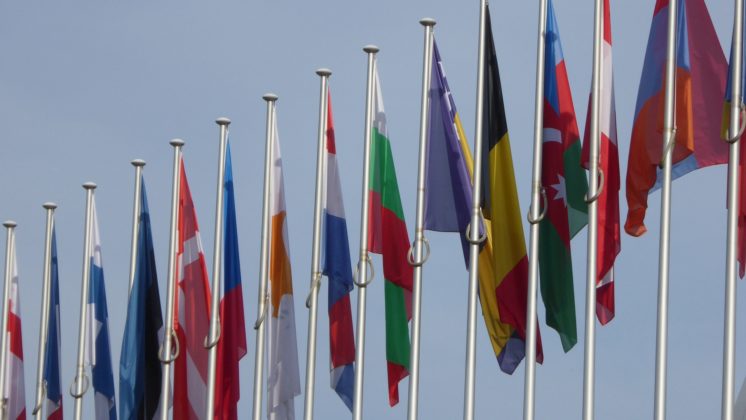The EU Roadmap to Business and Human Rights Conference in Amsterdam opened with a clear message: the EU needs to lead by example in order to be a credible global promoter of human rights and a leader in the field of business and human rights.

First session speakers all agreed that economic profit should not come at the expense of human rights, and that it is neither ethical nor sustainable when economic development in one part of the world relies on human rights infringements in another.
The Dutch Minister for Foreign Affairs, Mr Bert Koenders, launched the event highlighting the importance for the EU to lead by example, and the commitment of the Dutch Government and EU presidency to do so. This applies to the protection and promotion of human rights, the improvement of access to justice and remedy for victims and the safeguarding of human rights defenders, both at home and abroad.
The word was then given to Mr Stavros Lambrinidis, EU Special Representative for Human Rights who restated the European Commission’s (EC) and Commissioner Bienkowska’s commitment to business and human rights and the implementation of the UN Guiding Principles on Business and Human Rights. He admitted the UNGPs’ shortcomings due to their non-binding nature, and promised to “give them teeth” through an EU Action Plan (AP) on business and human rights (BHR).
Speakers discussed the need for BHR requirements and regulations not to become PR and box-ticking exercises, with Mr Lambrinidis pointing out that “BHR is not about how companies use their money, but about how they make their money”.
Linda Kromjong, IOE Secretary General, followed on the idea of the EU leading by example reminding that EU States need to prioritise the development of robust National Action Plans (NAPs). While Dante Pesce (UN Working Group on BHR) highlighted that there is a global absence of leaders on BHR and that more countries around the world need to develop and implement efficient NAPs.
Jeff Vogt, ITUC Director, and Linda Kromjong disagreed on level of companies’ responsibility regarding human rights violations within global supply chains. Mr Vogt replied to Ms Kromjong’s comment that it is impossible to monitor and control entire supply chains due to their complexity by saying that this excuse for businesses to assume responsibility is simply “unacceptable”.
The discussions ended with the conclusion that global change in the field can only take place if the EU can do internally what it promotes externally, with Mr Lambrinidis stating that EU’s global credibility as an international leader directly hinges on its ability to prove it walks the talk on business and human rights, both at home and abroad.



